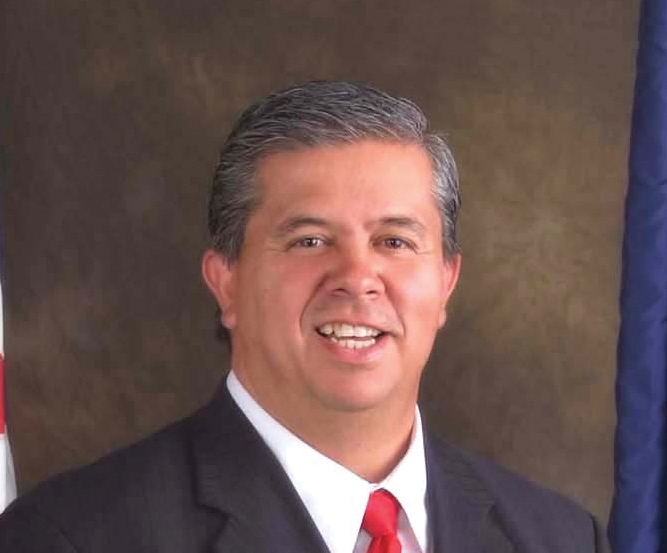Idaho education officials are spending the summer analyzing what went right and what went wrong with this spring’s dress rehearsal of the Smarter Balanced Assessment Consortium test.
 Last school year, about 200,000 third- through 11th-graders took field test versions of the Common Core-aligned tests. Results won’t count, and nothing was at stake, but the tests were designed to give students, teachers, parents and education leaders experience with the assessment before the real deal – the operational test – is given during the 2014-15 school year.
Last school year, about 200,000 third- through 11th-graders took field test versions of the Common Core-aligned tests. Results won’t count, and nothing was at stake, but the tests were designed to give students, teachers, parents and education leaders experience with the assessment before the real deal – the operational test – is given during the 2014-15 school year.
SBAC leaders published initial findings from field tests conducted across 22 member states. Key findings include:
- About 4.2 million students took the tests between March 25 and June 13.
- More than 12.2 million tests were completed.
- More than 16,500 schools participated.
- About 1,110 inquires were fielded by the SBAC help desk each day during testing.
- As many as 184,000 students took the tests simultaneously during peak testing periods.
- The SBAC tests are now billed as the largest online assessment.
SBAC appears pleased with the early results. The SBAC field test report indicates there were “limited glitches” with the test delivery platform and software and systems issues were identified and resolved quickly.

More detailed, state-specific data will released on the heels of this initial report. Those reports should offer more of an indication of system performance, and weaknesses exposed during the field tests.
Superintendent of Public Instruction Tom Luna said Idaho officials are finalizing an SBAC survey that garnered more than 10,000 responses from students and educators.
Luna expects results will be released in August and dissected closely.
“This (field test) was our opportunity to put a strain on the test, capacity, the technology, bandwidth and the software engine,” Luna said. “We anticipated we would have a few hiccups or bumps in the road, but our experience has been similar with what you’ve seen in the field test report.”
States are required to assess students against academic standards, but the U.S. Department of Education issued Idaho a waiver allowing students to take the field tests with nothing at stake. Under the waiver, and to avoid “double-testing” students, educators did not administer the normal Idaho Standards Achievement Test, which the SBAC will replace.
“It was critical that this be the process we followed because you only get one shot at something like this,” Luna said. “It’s important we have a deliberate and transparent process in moving to Smarter Balanced and away from the old ISAT.”
Luna said state leaders have begun negotiations with vendors who will administer the SBAC test in Idaho. Contract details could be available in a month or two.
